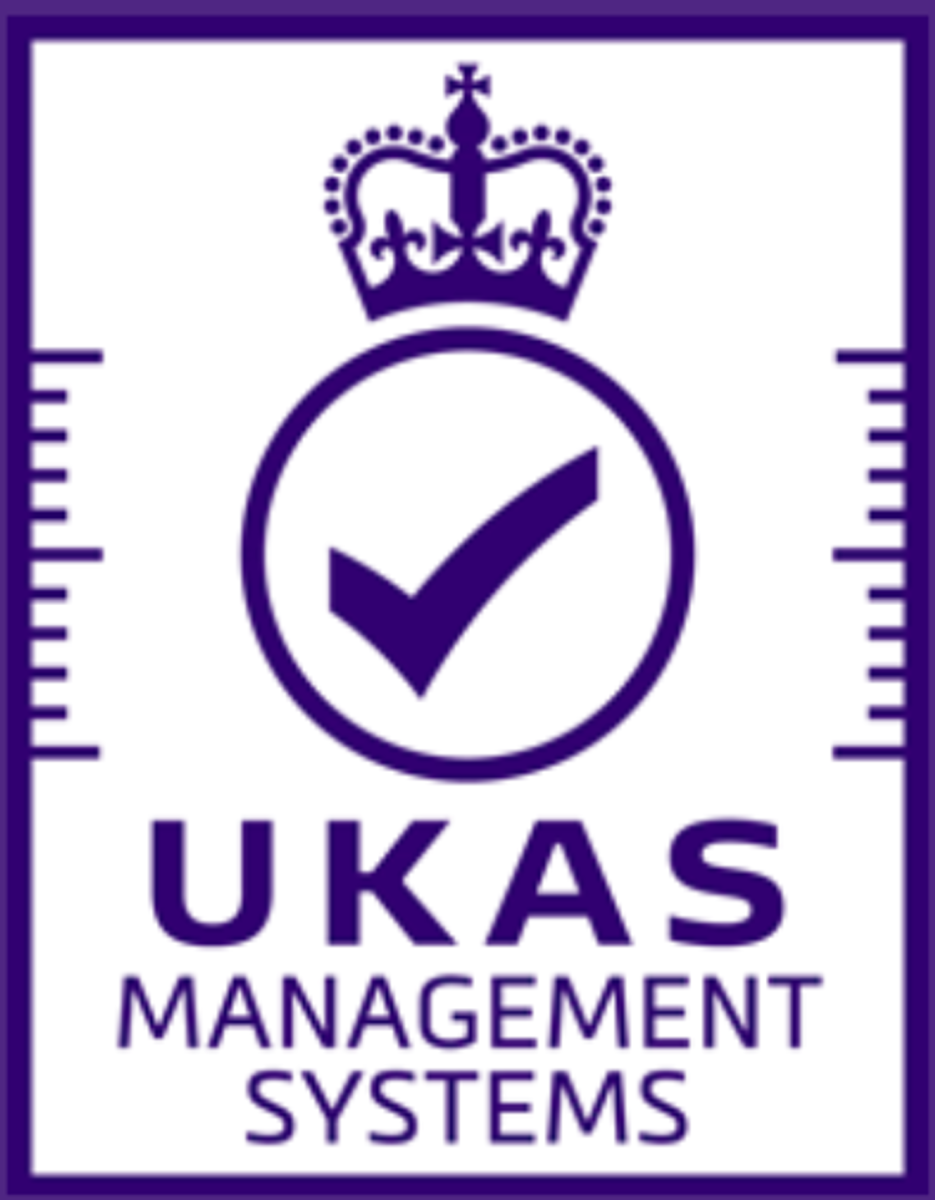.png_3e34d523326e3ce6e045dc6331d0fe57.png)
CHKS’s Assurance & Accreditation services have successfully retained our ISO/IEC 17021 accreditation from UKAS.
During a second surveillance visit last week, CHKS were found to be fully compliant and demonstrated to UKAS that it has the systems and processes in place to provide competence and capability.

ISO/IEC 17021-1 is one of the most respected frameworks for certifying management systems. This standard evaluates the competence of certification bodies like CHKS that offer management systems certification.
This standard ensures that CHKS operates impartially, consistently, and reliably, adhering to internationally recognised best practices. It sets out the requirements for providing auditing and certification of management systems.
ISO/IEC 17021-1 applies to various management system certifications, including ISO 9001 (Quality Management), ISO 14001 (Environmental Management), and ISO 45001 (Health and Safety Management).

CHKS is accredited by the United Kingdom Accreditation Service (UKAS) as a certifying body. UKAS serves as the national accrediting body responsible for ensuring that certifying bodies maintain high standards across all industries, not limited to healthcare.
UKAS plays a crucial role in assessing and accrediting certifying bodies to ensure they meet rigorous competence, impartiality, and reliability requirements. Their accreditation process involves thorough evaluations and audits to verify that certifying bodies like CHKS adhere to internationally recognised standards and best practices.
This accreditation assures you that CHKS, as a certification body, is technically competent and operates impartially.
At CHKS, we have undergone a rigorous assessment process, examining our processes, procedures, impartiality, and competence to ensure compliance with ISO/IEC 17021-1.
Using an unaccredited provider poses risks to any NHS Trust seeking certification or looking to improve its standards. Accreditation ensures that the certification process follows internationally recognised best practices and remains consistent across different certification bodies. This consistency is crucial for the healthcare industry which relies on certifications to make informed decisions about suppliers, partners, and service providers.